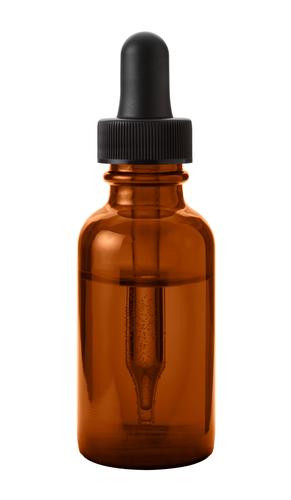An infant in France died after being given Vitamin D by his parents. Clearly, this is a tragedy. Yet how journalists are spinning this is a tragedy too.
AOL leads with “French baby dies after taking product to treat Vitamin D deficiency” and their quote, "Investigations are under way to establish the precise cause of death and to see if it could be linked to Uvesterol D," said the French medical safety watchdog in a statement.”
The BBC tells us “French baby death linked to vitamin dose” and from the headline you would think that the vitamin treatment was responsible. The text suggests it also, with “France's medical safety agency said there was a "probable link" to that particular supplement” and it isn't until paragraph 4 that they note, “Health Minister Marisol Touraine said children were not in danger by taking vitamin D supplements in general as ‘it's the specific way the product is administered that poses risks.'"
Here is the gist from Le Figaro (Translated from French by Google Translate), France’s oldest daily newspaper.
The issue of suspension is all the more acute as Uvestérol is under surveillance in France since ... 2006, due in particular to the false roads that it can cause in children under two months. A discomfort was observed during that year following the administration of the product and, in the same year, a letter from the health authorities to the prescribers and a modification of the summary of product characteristics (RCP). Since this date, it is necessary in the premature to administer the vitamin diluted in a teat, in semi-sitting position; The dosing pipette used for older or term babies has been modified: instead of a hole, it has four lateral openings.
Here is the real answer. The Vitamin D is not the problem, it is the means of administering it to an infant that is the issue. And while it is true that the baby did die after taking the product, as AOL says, and the death is linked to vitamin dose, the more accurate term would be dosing. The headlines are ambiguous, serving to draw your attention rather than to educate - we call it "clickbait" and it is the success of such clickbait that led to the plight of "fake news" that is now getting so much attention. While fake news is the current corporate media concern, when they aren't enabling it, the real issue is misdirection, changed emphasis and sometimes hype that have impacted trust in mainstream science and medicine stories too. We have all been treated to weekly miracle vegetable stories with alternative scary chemical of the week tales too. In stories about policy in the environment, it is common for journalists to quote environmental fundraisers without ever talking to a science group for balance.
Le Figaro’s article was clearly the best, it took only five minutes to find it. If journalists are simply going to digest and regurgitate stories, perhaps they could be more faithful to the original findings and emphasis.




